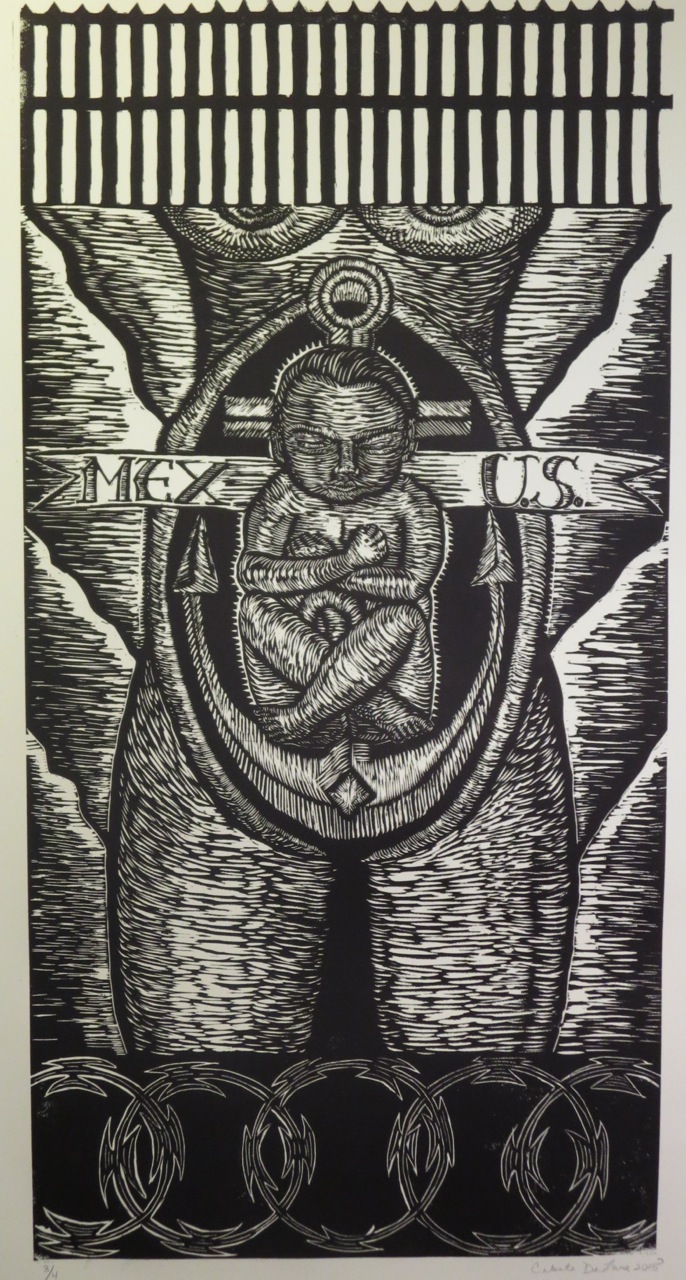Read more about our Public Design Impact Initiative!
We are excited to begin working with Movimiento del Valle por los Derechos Humanos and local graphic designer Nayelli Bautista as a part of our Public Design Impact Initiative. Movimiento del Valle is a community organization that educates and organizes the community around human rights issues.
Movimiento del Valle is currently teaching community members about their constitutional rights and training them in strategies to combat anti-immigration attacks at the State and National levels. The Moviemento del Valle recognizes that the Rio Grande Valley is a very vulnerable geographic area that requires thoughtful and effective educational materials on rights and immigration. The organization seeks support in creating dynamic resources that communicate information effectively through clear and accessible design and graphics.
Through a design process that engages both community stakeholders and partner organizations, Nayelli will work with Movimiento del Valle to update their educational and organizational materials, making them relevant and accessible to the audience Movimiento del Valle would like to reach. Together, we will update and refine Movimiento del Valle’s teaching tools to meet their current needs, and we will generate an online platform to make important information accessible to organization members and the public.
The aim of our PDII program is to use local design talent to increase the impact of our peer nonprofit organizations and community groups. The 2017 PDII program selected two projects to complete in the calendar year. Read about our other project selection, Equal Voice Network.
![[bc]](http://images.squarespace-cdn.com/content/v1/5248ebd5e4b0240948a6ceff/1412268209242-TTW0GOFNZPDW9PV7QFXD/bcW_square+big.jpg?format=1000w)












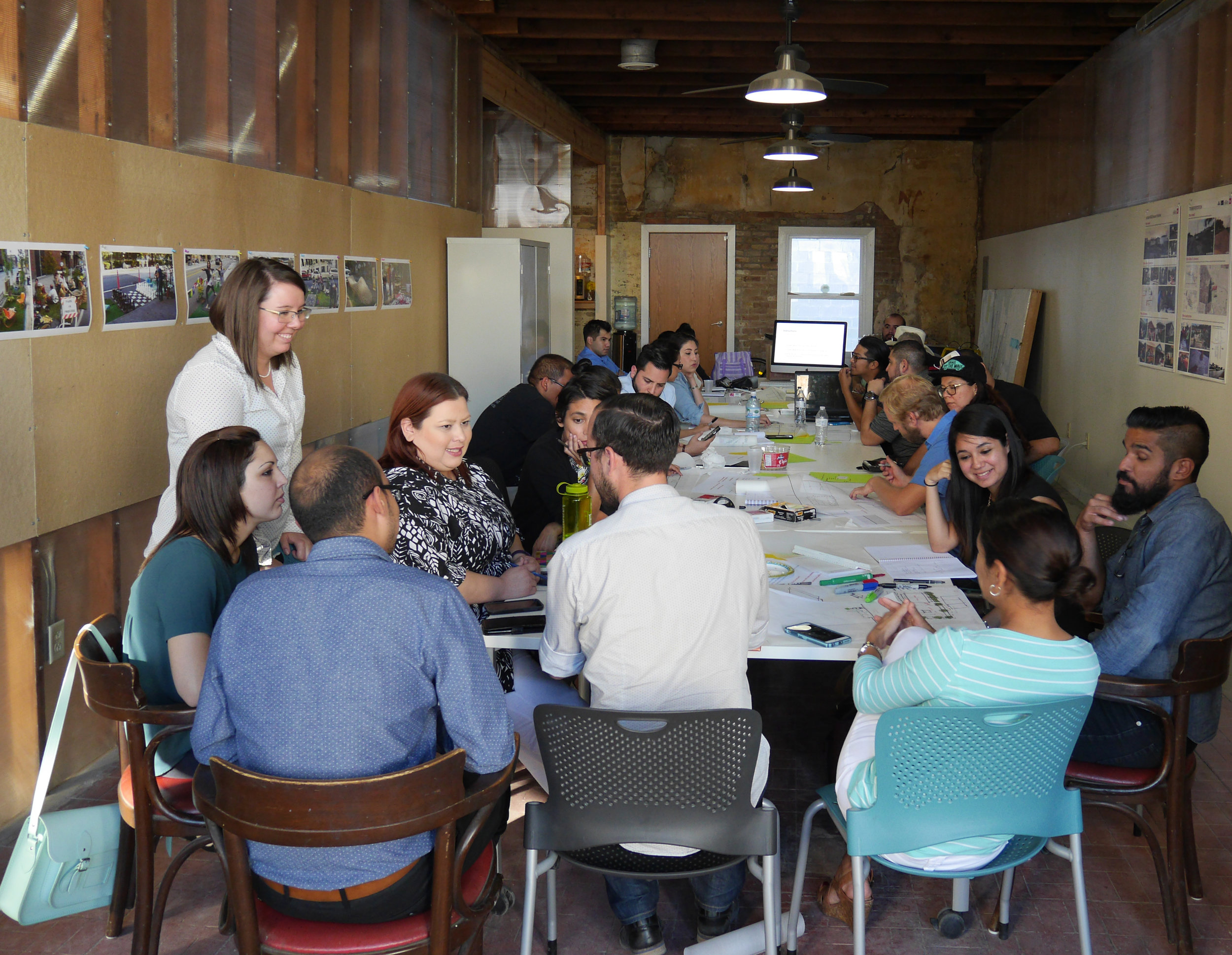
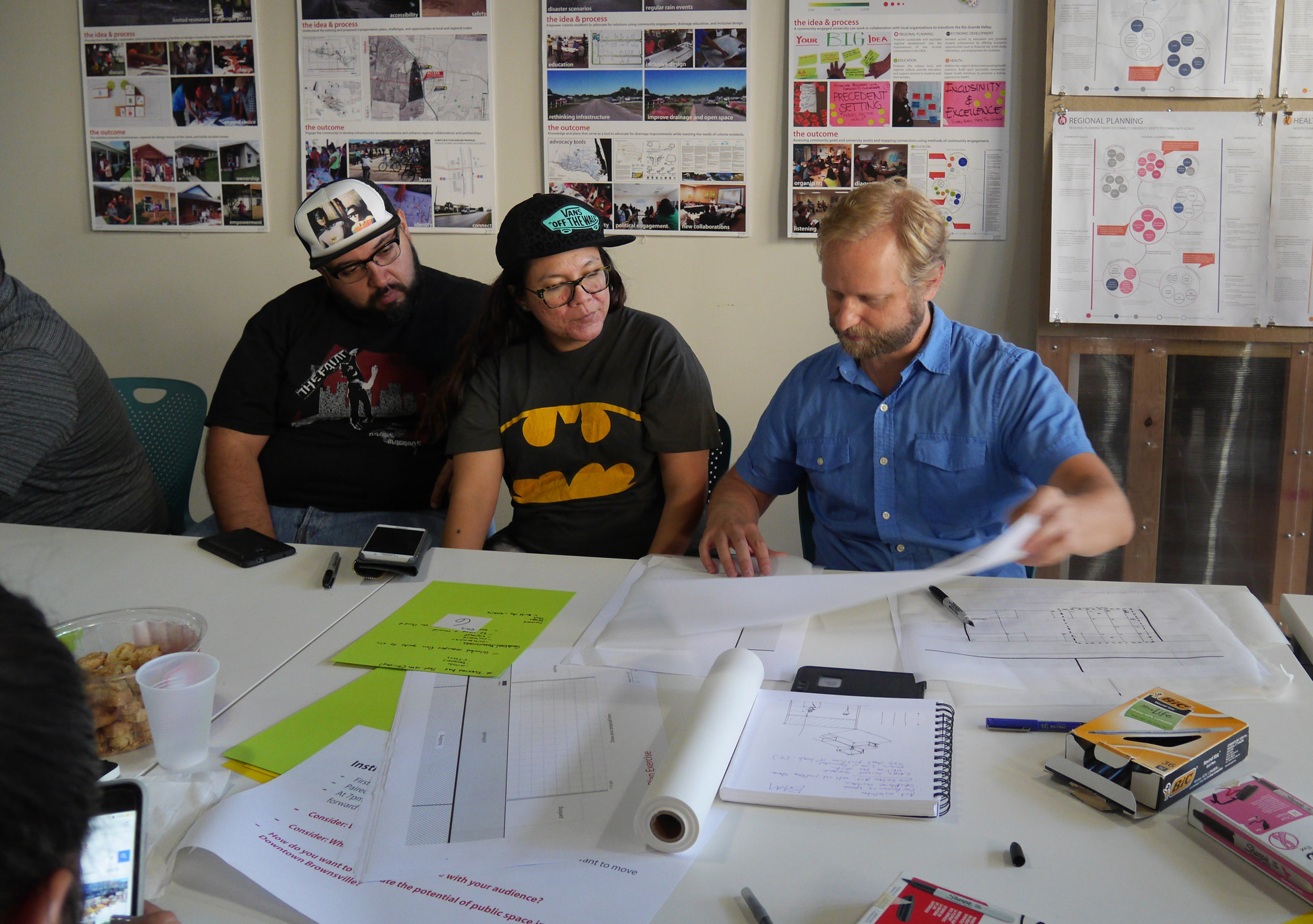
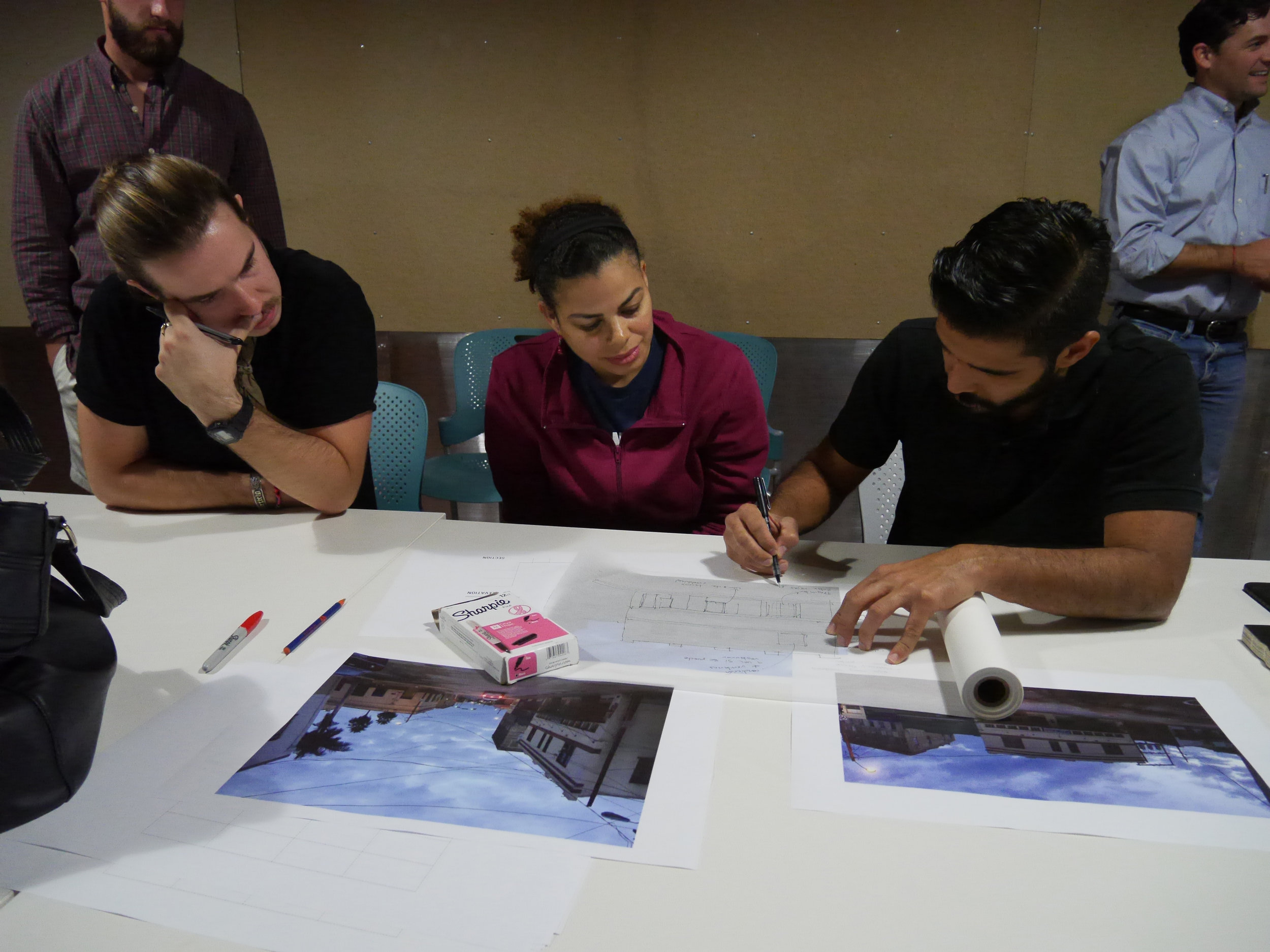
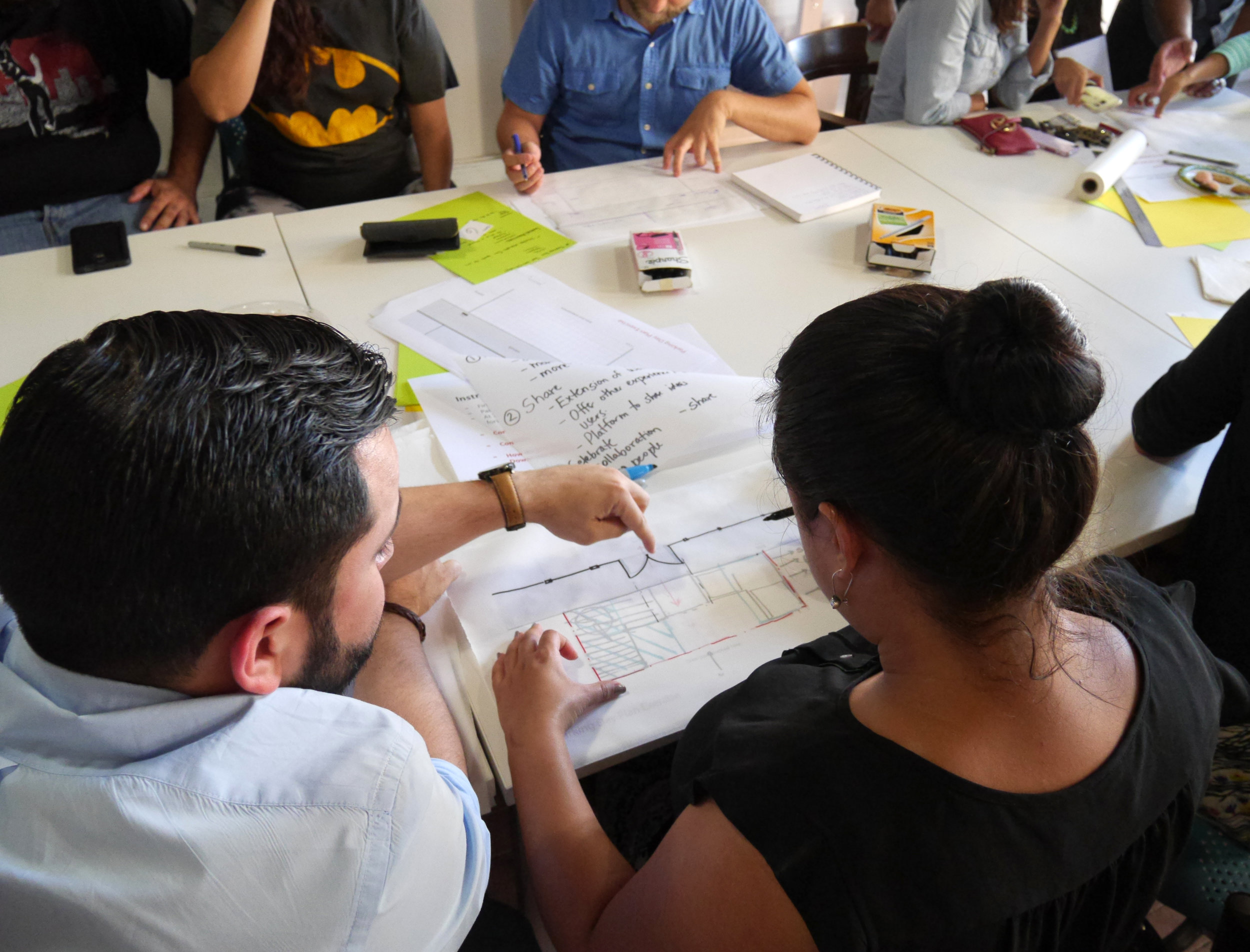
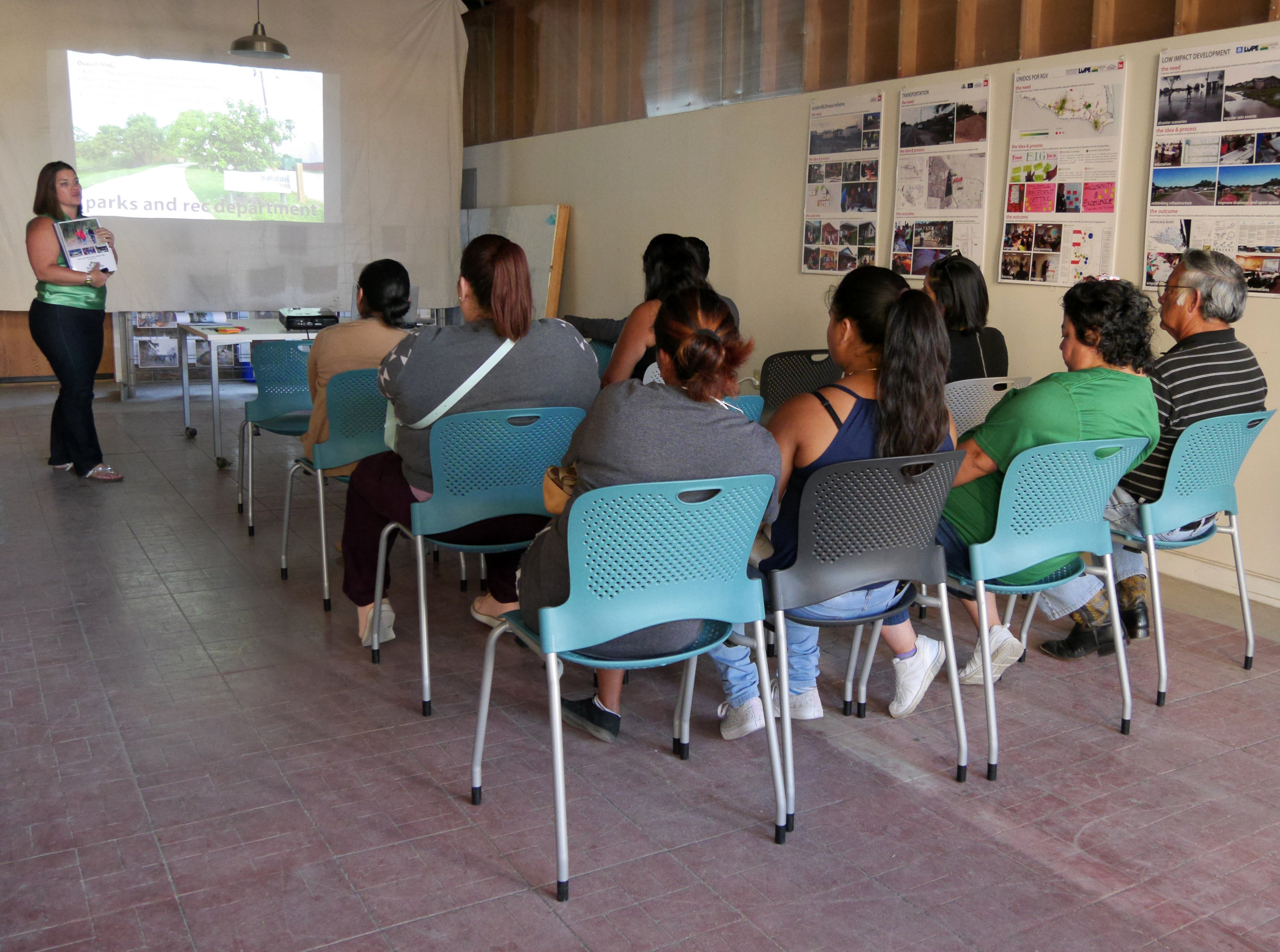
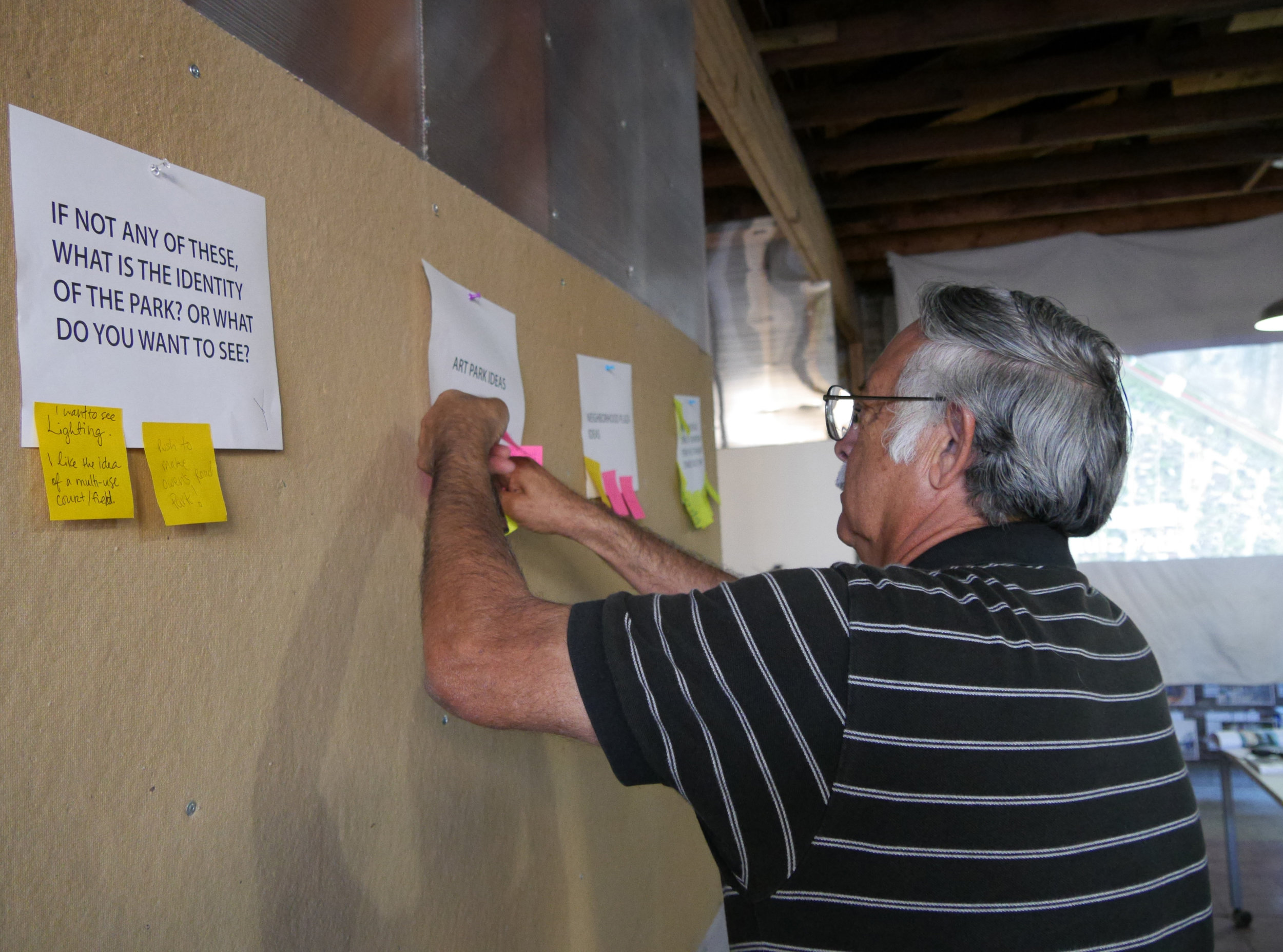





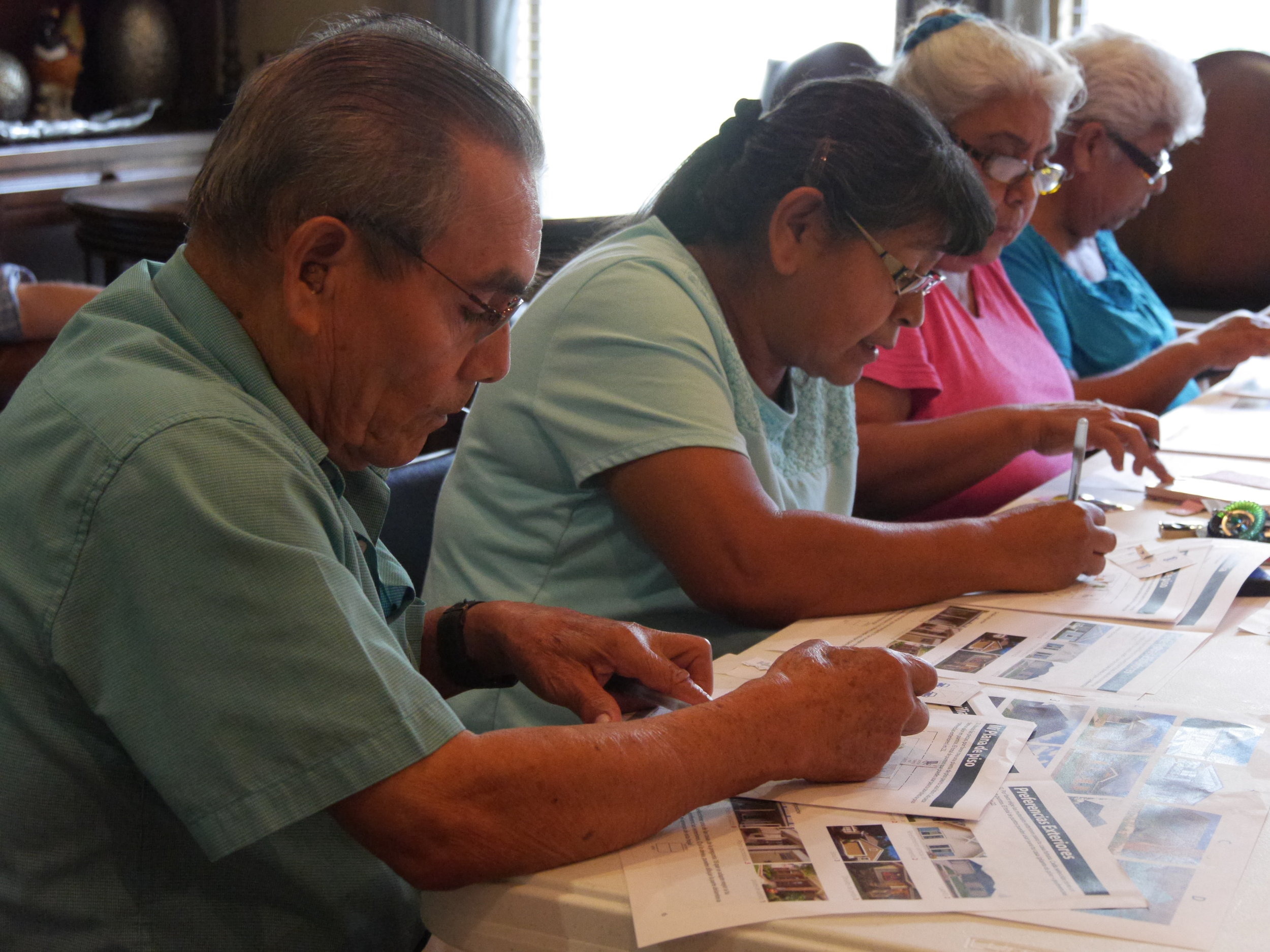
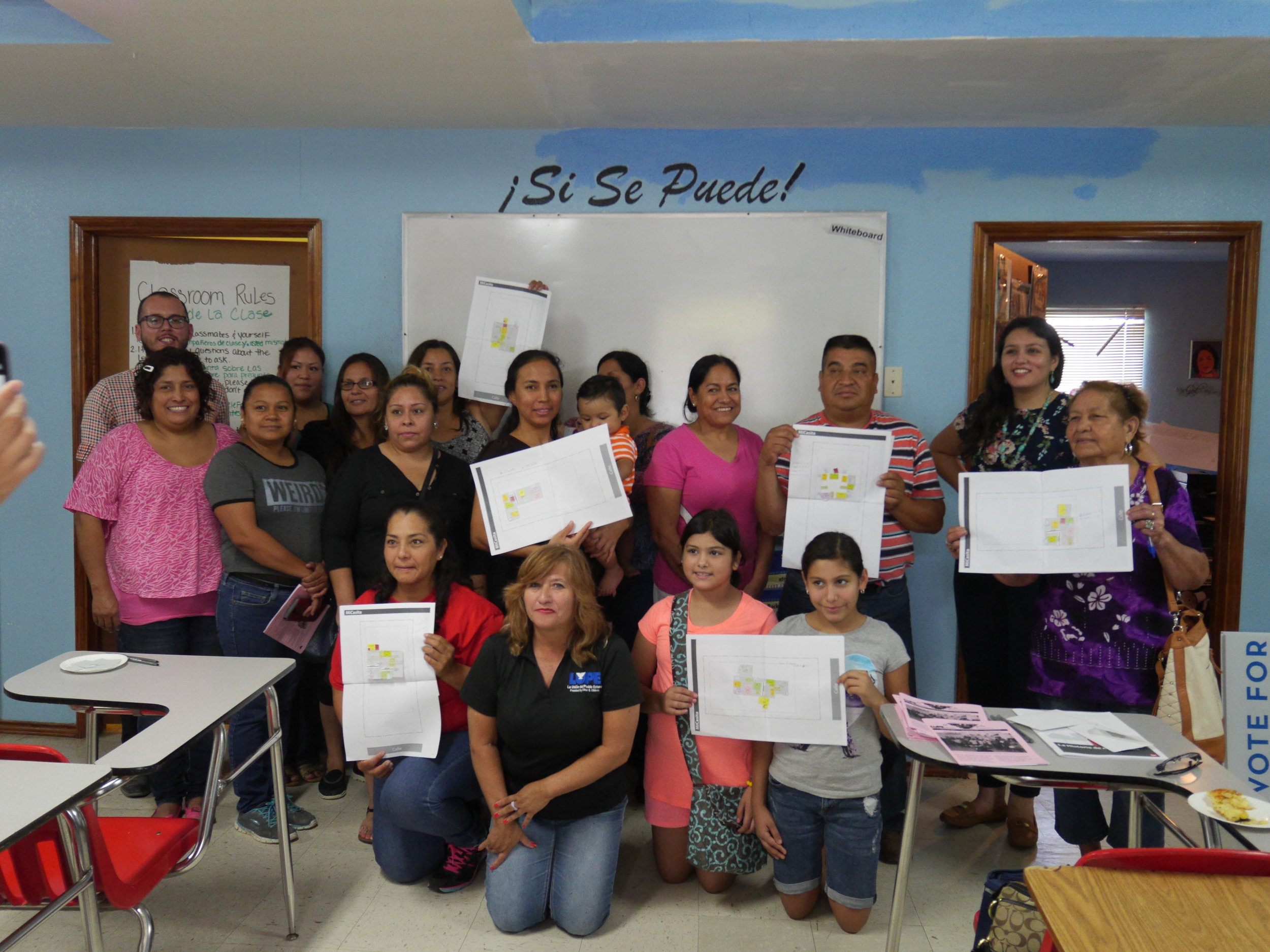
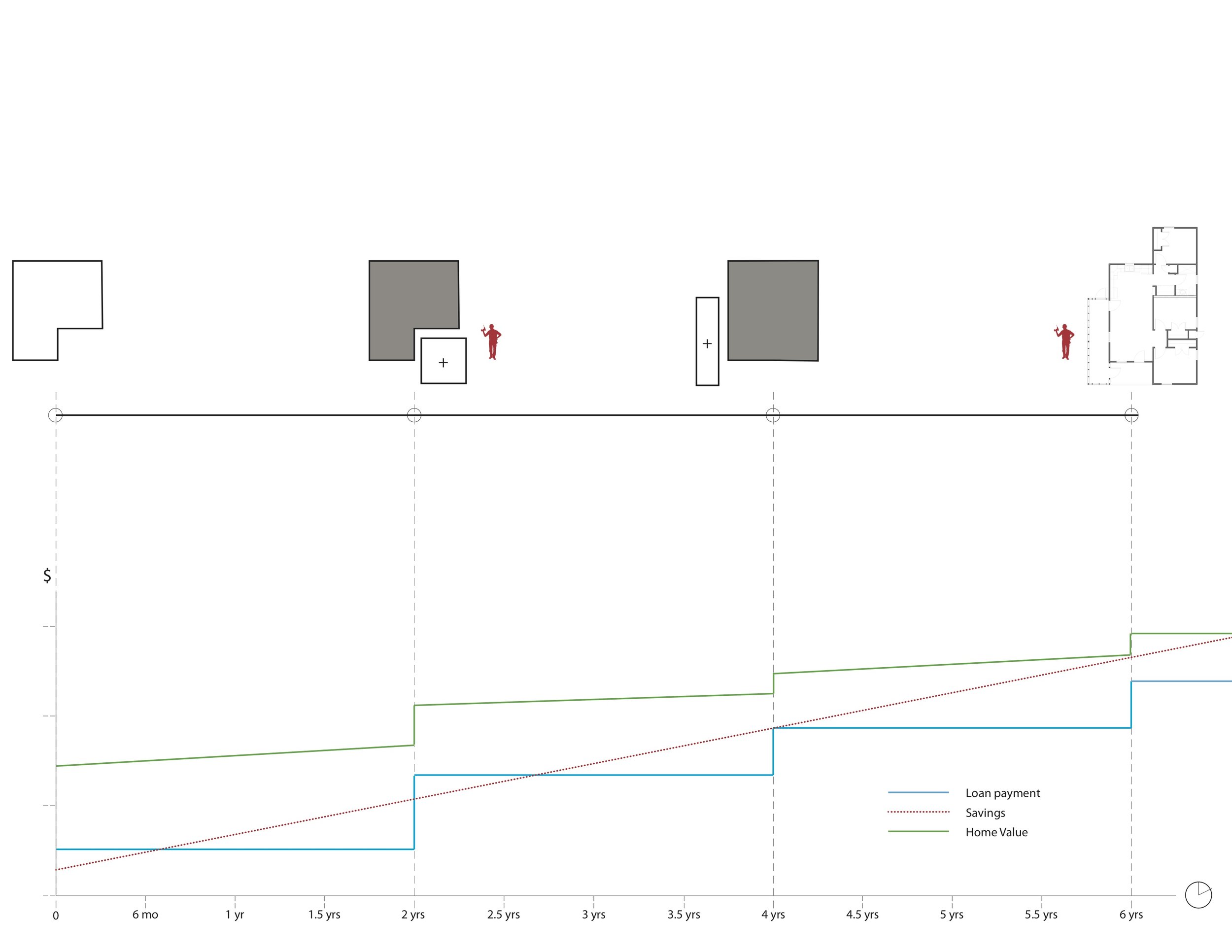

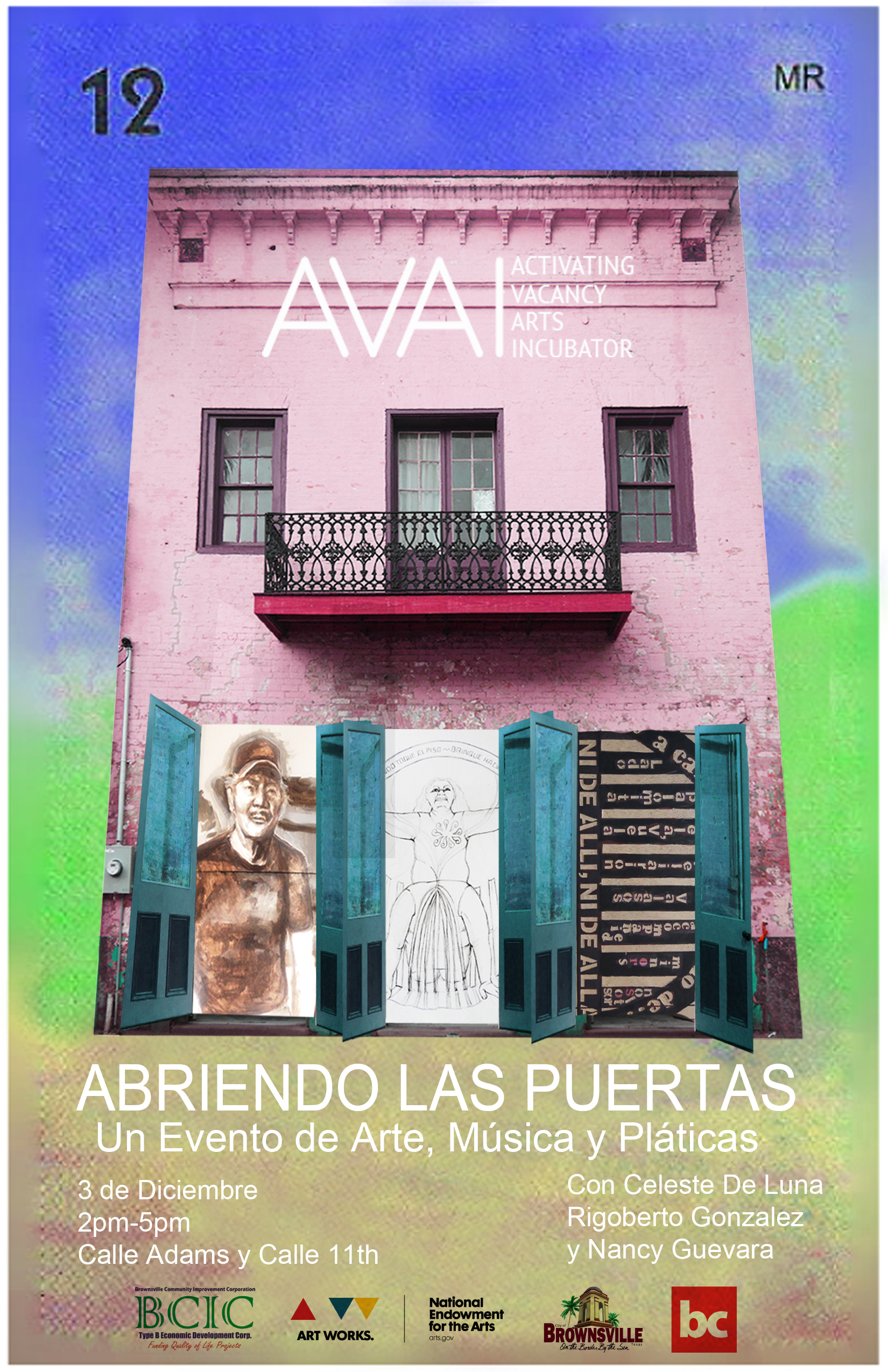





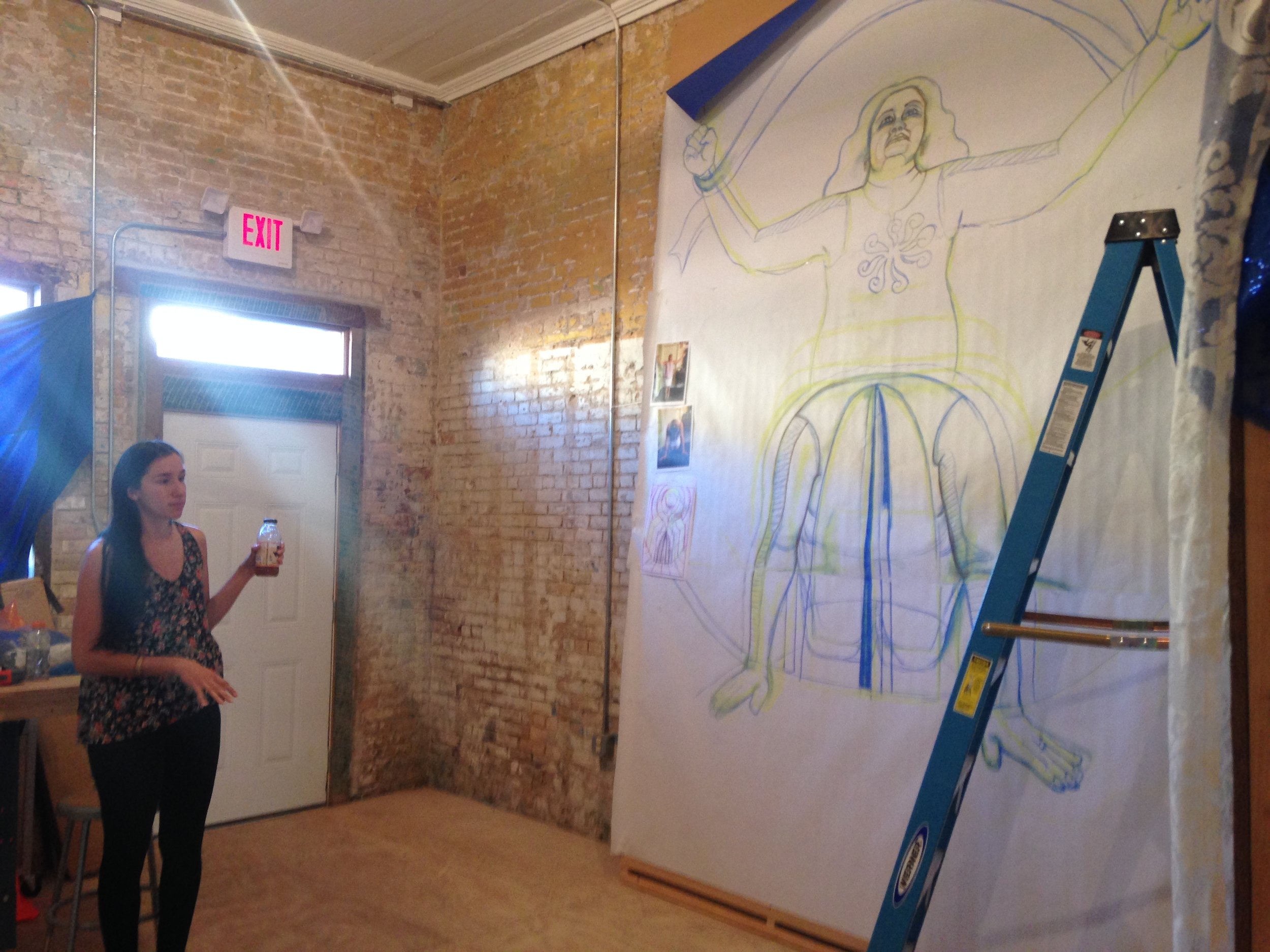






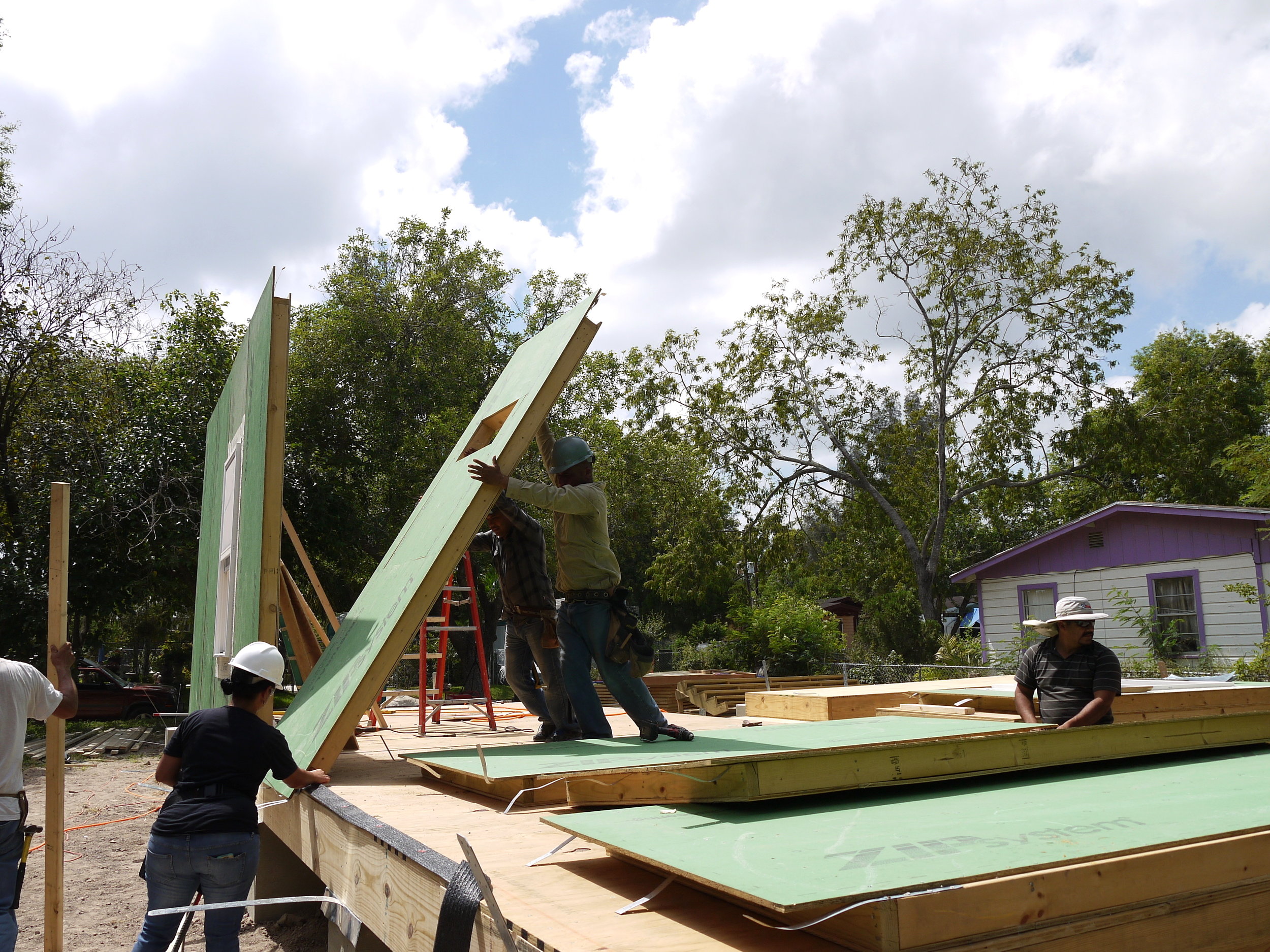























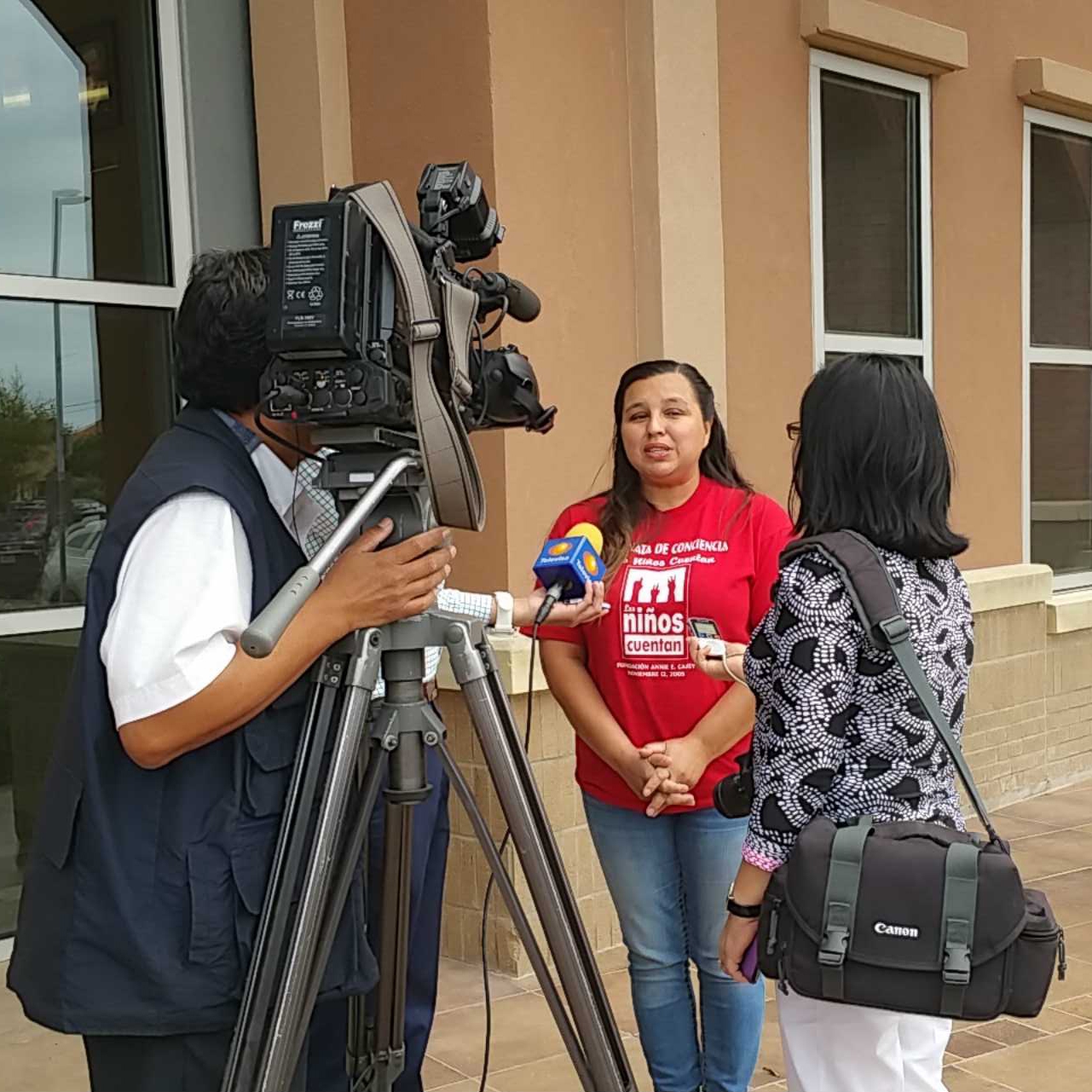



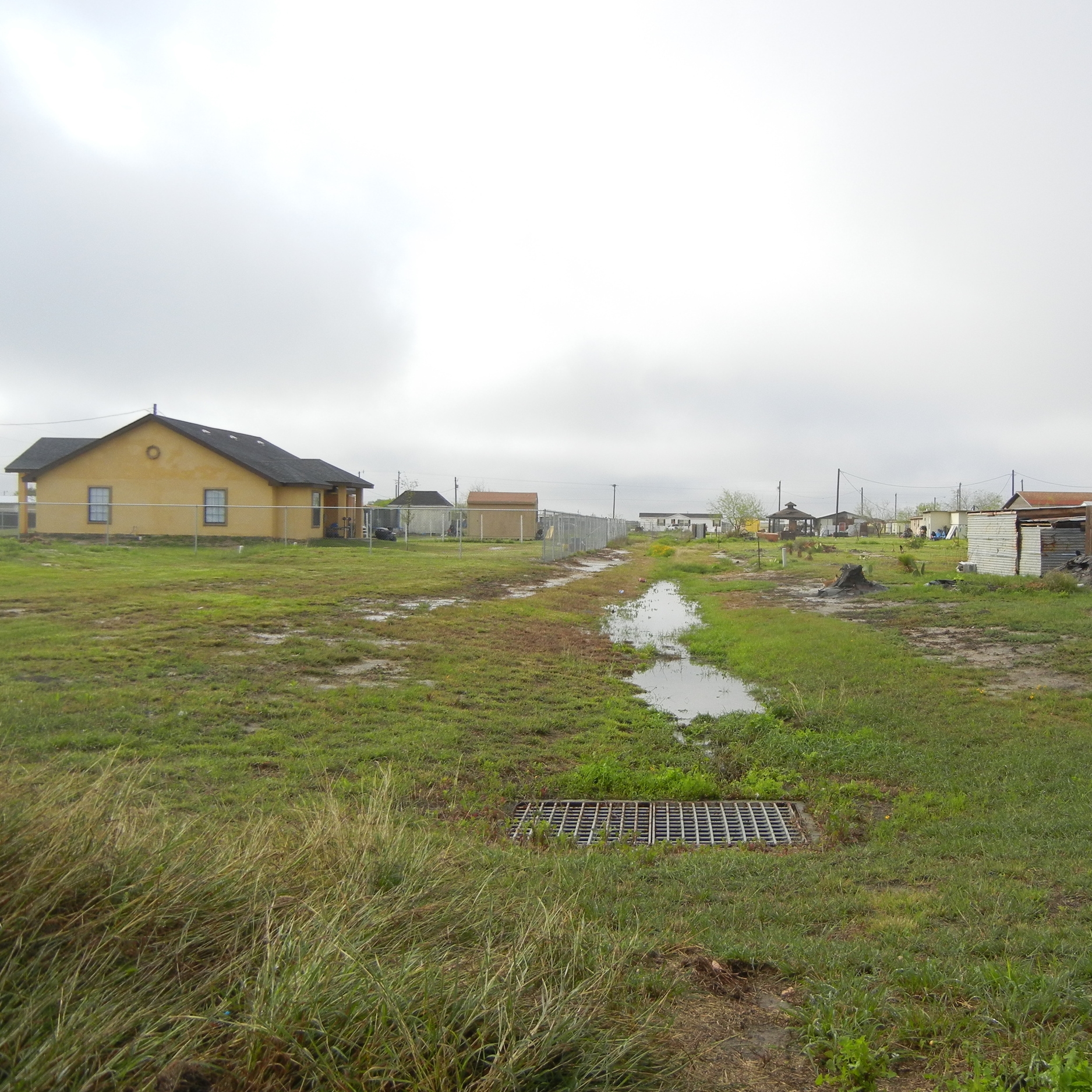




![ Mehmet Boz presenting on LID strategies, featuring a rendering done by [bc] for a right of way improvement in a colonia.](https://images.squarespace-cdn.com/content/v1/5248ebd5e4b0240948a6ceff/1433282461096-5KOV7DFKBQJT93GDGBQD/image-asset.jpeg)


